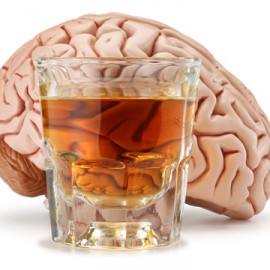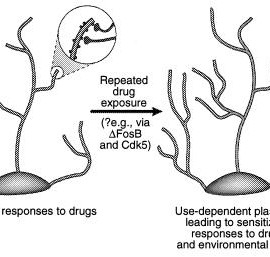Addiction
Fear of the Disease Model
Many clinicians don’t view addiction as a disease, which they believe relieves them of the need to learn much about its pathophysiology.
Topics: disease model, models of addiction, treatment models
An Addiction Switch?
One characteristic of Delta FosB is its unusual stability. It’s capable of persisting in the brain for a very long time.
Topics: addiction and the brain
Do I Have a Drinking Problem?
Topics: alcoholism, diagnosis, disease, getting help, recognizing addiction, signs and symptoms
Models of Addiction: The Moderation Model
There’s always someone who is convinced that with the right support, the right technique, they could once again drink socially.
Topics: alcoholism, models of addiction
Vaillant and the Long Term View of Relapse
He’s able to describe complex phenomena in terms that, with a little work at least, we can understand.
Models of Addiction: The Temperance Model
The idea was that the drinker would admit his sins, beg forgiveness, accept punishment, and promise to abstain from that point on.
Topics: alcohol, co dependency, models of addiction
Models of Addiction: The Medical Model
However necessary — and it is necessary — good acute care will never be enough to solve the problem of addictions.
Topics: alcoholism, health care, models of addiction, SBIRT
Models of Alcoholism and Drug Addiction
By examining the models through which people view and deal with addiction, we can better understand how our society reacts to its continuing presence.
Topics: alcoholism, models of addiction, policy, stigma
Believing in the Disease
There’s a big difference between “knowing” that something is a disease, and actually treating it as one.
Topics: disease, physical effects, recognizing addiction, signs and symptoms















